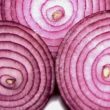Magnesium is a mineral you need for a healthier heart and stronger immune system. It’s also necessary for strong bones and properly functioning nerves. Experts say that deficiency in magnesium can lead to a host of problems, and some of them include depression, anxiety, high blood pressure, cardiovascular disease, muscle spasms and diabetes
Before you step foot inside the local pharmacy or health food store to grab a bottle of magnesium supplements, read on. The following are some excellent sources of magnesium. Include them in your daily diet and you never have to worry about the various signs and symptoms associated with deficiency in the said mineral.
Almonds

There’s as much as 105 milligrams of magnesium in a 1/4-cup serving of almonds. The nicest thing about these delectable sources of the said mineral is they can be easily added to the diet. Snack on them or sprinkle them on your salad, yogurt or oatmeal. Almonds also contain high amounts of protein, omega-3 fatty acids and vitamin E.
Tofu
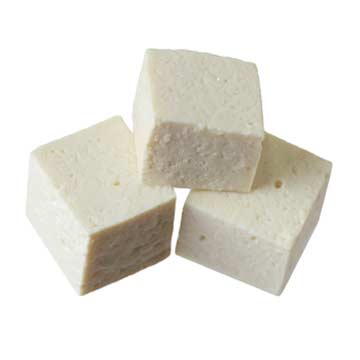
Highly popular among vegetarians as an excellent source of protein, tofu also supplies your body with superb amounts of magnesium. Just a 1/2-cup serving of it contains 37 milligram of the important mineral. Aside from protein and magnesium, tofu also contains iron for the production of hemoglobin, a blood component that carries oxygen.
Sesame Seeds
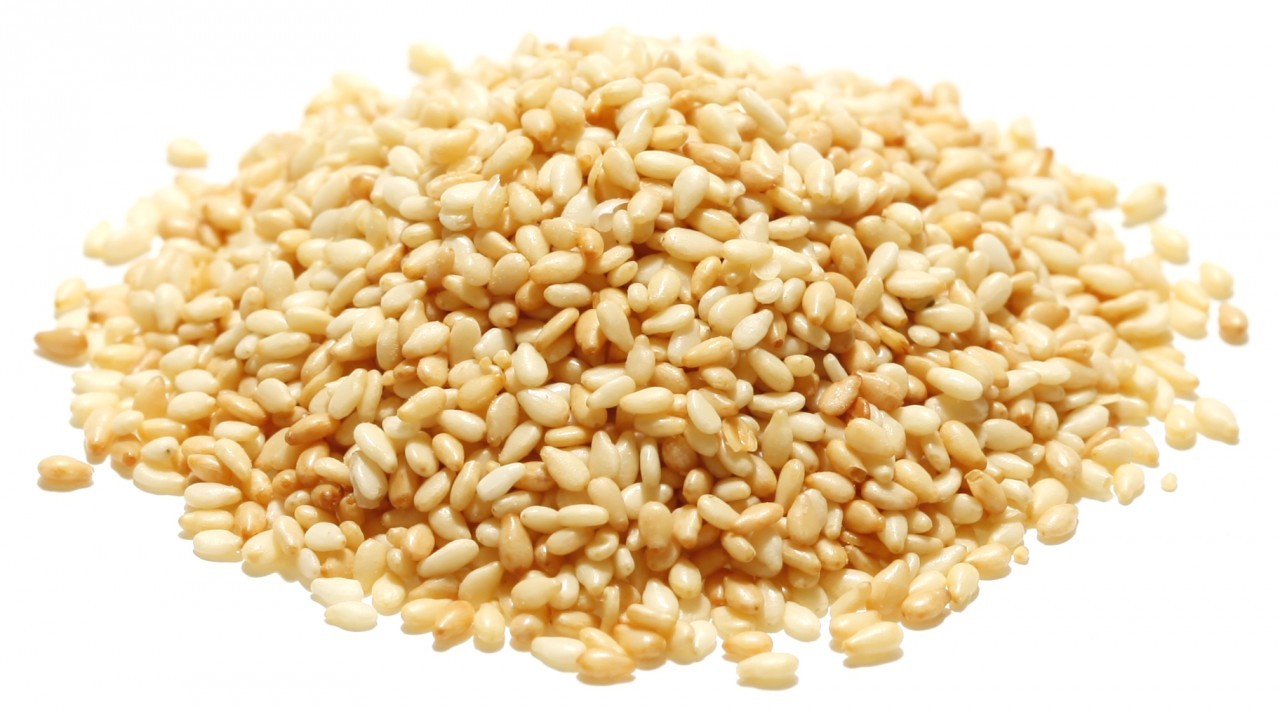
They may be really tiny but sesame seeds are packed with magnesium. An ounce of roasted sesame seeds contains 101 milligrams of magnesium. Aside from the said mineral, sesame seeds also contain vitamin B6 and iron. Men should include them in their diet especially if they seem to perform poorly in the bedroom as sesame seeds are packed with zinc.
Bananas
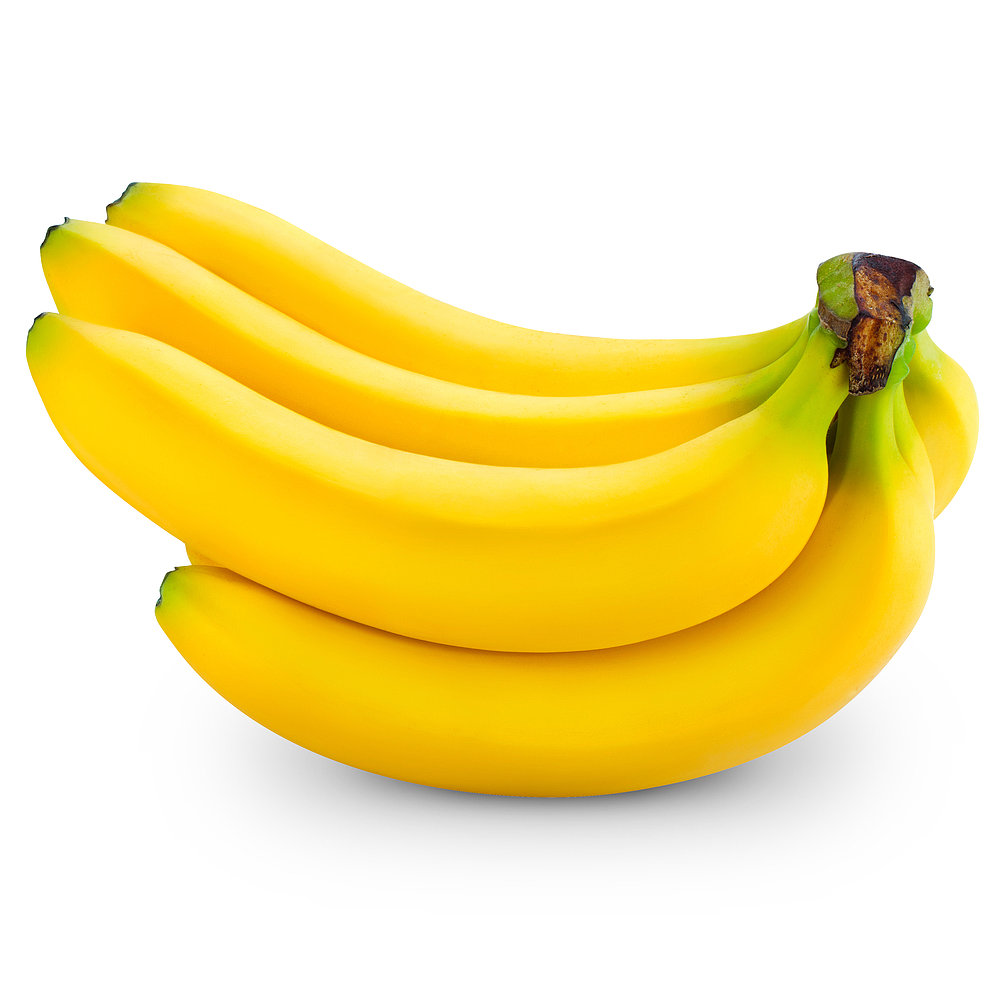
Known to be loaded with potassium that helps regulate your blood pressure, you should also reach for bananas to supply your body with magnesium. A medium-sized banana contains 33 milligrams of magnesium. Bananas also provide your body with the good kind of carbohydrates that energizes you and stokes your metabolic rate.
Flaxseeds

The consumption of flaxseeds is popular because they are rich in omega-3 fatty acids, nutrients that are good for the brain and help ward of inflammation. Flaxseeds are also packed with magnesium. A tablespoon of them actually contains as much as 40 milligrams of the mineral needed by the various tissues of your body for their proper functioning.
Skim Milk
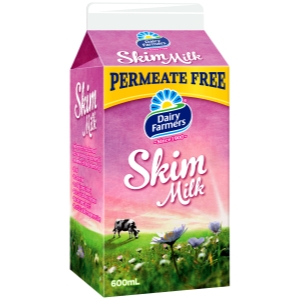
It’s no secret that skim milk is a weight-watcher’s excellent source of calcium, a mineral necessary for keeping the bones strong. A cup of skim milk also yields almost 28 milligrams of magnesium. Drink, pour over cereals or add to smoothies so that you may also benefit from skim milk’s protein and vitamins D and B12 contents.
Dark Green Leafy Vegetables
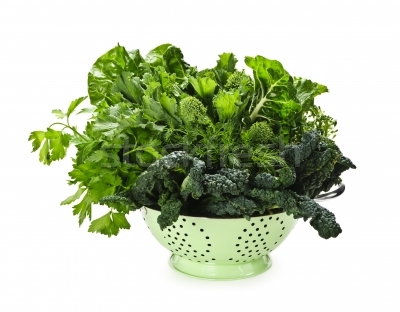
Another way to make sure you get sufficient amounts of magnesium daily is by adding more dark green leafy vegetables to your diet. The likes of spinach, kale, Swiss chards and collard greens also contain an impressive assortment of vitamins and minerals. They are also packed with fiber that is good for both the gut and heart.
Sunflower Seeds
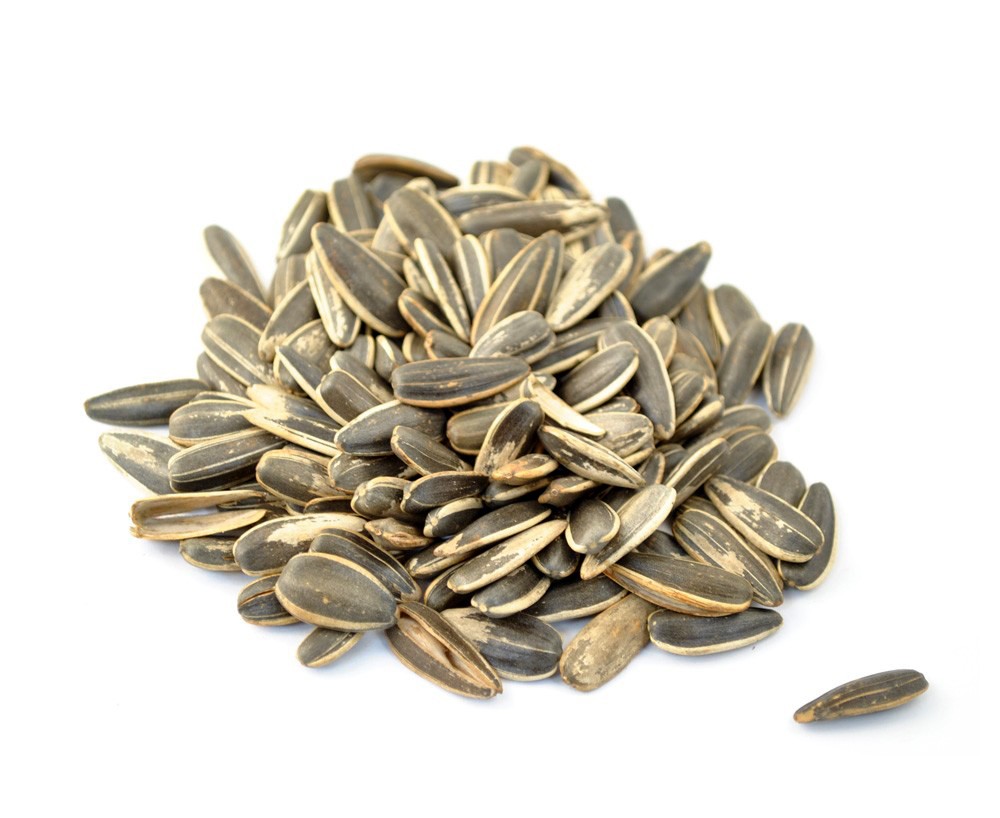
A 1/4-cup serving of sunflower seeds yields as much as 128 milligrams of magnesium. It’s a good idea to roast raw sunflower seeds on your own because the kinds you can easily buy at the supermarkets are laden with sodium. Sunflower seeds also contain good amounts of calcium that strengthens the bones and healthy fats that lower bad cholesterol.
Cashews
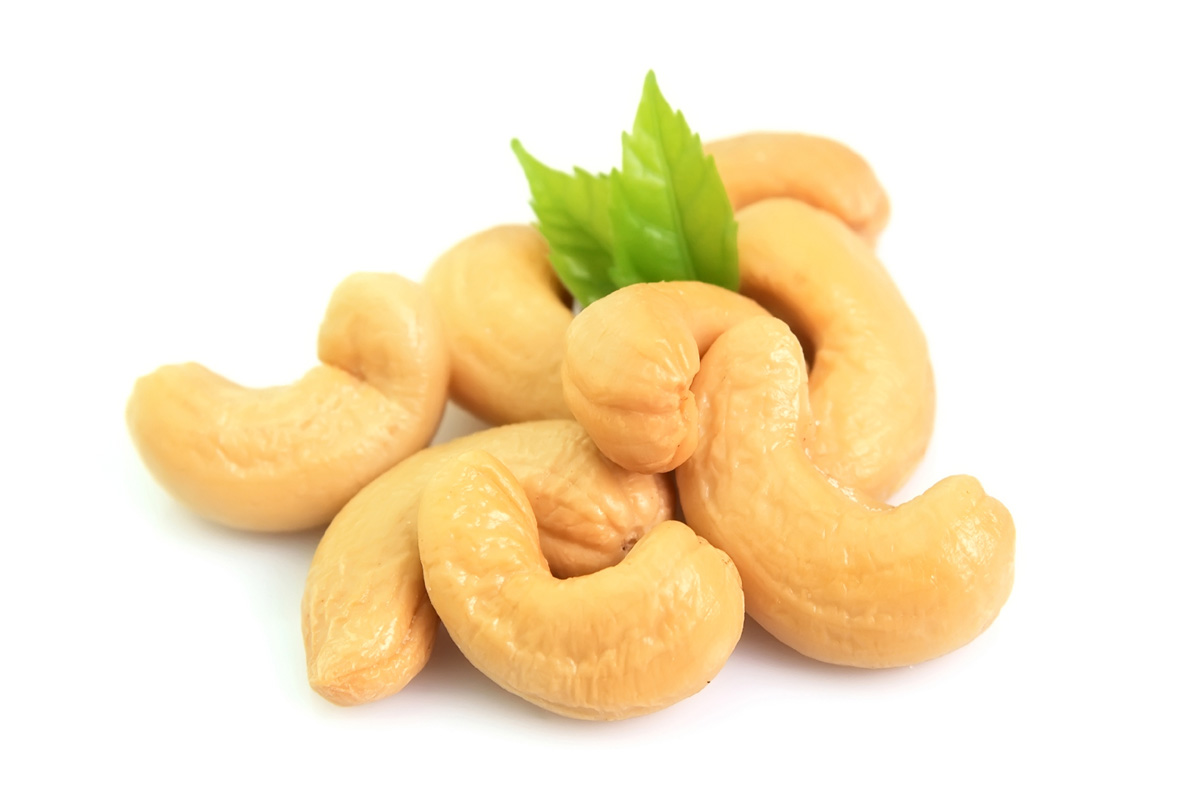
There are 89 milligrams of magnesium in a 1/4 cup of cashews. Aside from this mineral, cashews also supply your body with iron, something necessary for the production of red blood cells and prevention of anemia. Cashews contain vitamin K and folate too. Make sure that the ones you buy are not packed with sodium to avoid unnecessary health issues.
Oatmeal
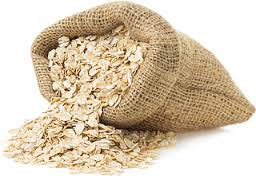
Aside from providing good carbohydrates that energize you, a serving of oatmeal (1 cup) also contains 57.6 milligrams of magnesium. What’s more, oatmeal is packed with fiber that not only keeps constipation at bay, but also helps lower bad cholesterol levels in the blood. It even contains omega-3 fatty acids that are good for your heart.
Sweet Corn

An ear of sweet corn yields as much as 33 milligrams of magnesium. Corn is actually good for you because, aside from magnesium, it contains vitamin C, B-group of vitamins, plant-based protein, dietary fiber and of course complex





